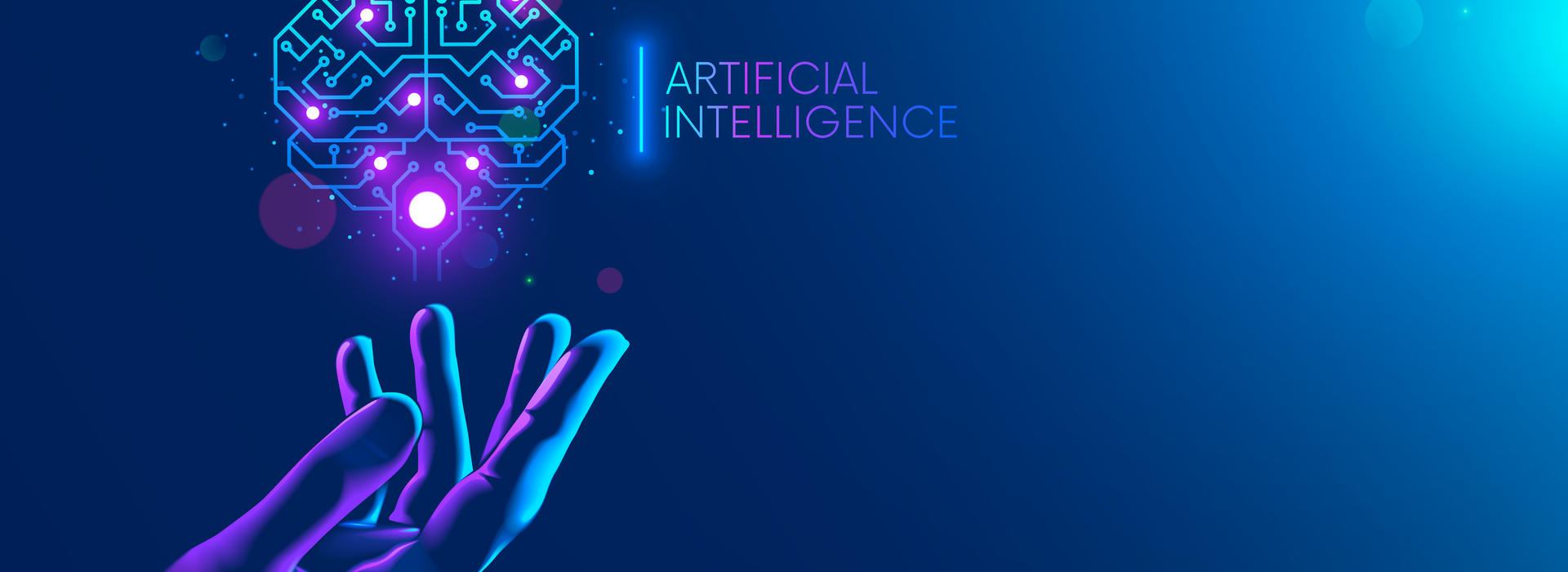
Top Story: A new medium for communicating with the dead: AI and chatbots
Many people long to hear the voice of their passed loved ones and would give anything to speak with them again. Interacting with a version of a departed loved one is now more accessible than ever, thanks to AI models like ChatGPT.
The chatbot can be trained on a deceased relative's words, from a digital journal, videos, or other content. The chatbot can then respond to a prompt or question with what it predicts the relative would say. Funeral homes have begun to add AI-powered obituary writing services and digital memorial webpages. Several apps and programs are already available, with services to preserve photos for family members or to simulate the dead in a text based conversation.
Michael Lubrant, the director of the University of Minnesota’s Mortuary Science Program said, “There’s no question that the idea of having ways to remember and memorialize and connect is, I think, something that’s wired into our DNA.” He says it is human nature for us to create a way to communicate with the deceased. But, there are some concerns as well, like destroying the legacy of the person who died, or complicated grief for users. People using these services need to be aware, and should eventually withdraw their emotional investment in the chatbot and instead reinvest it into other people and new relationships.
You can read more about AI and chatbots for the deceased here.